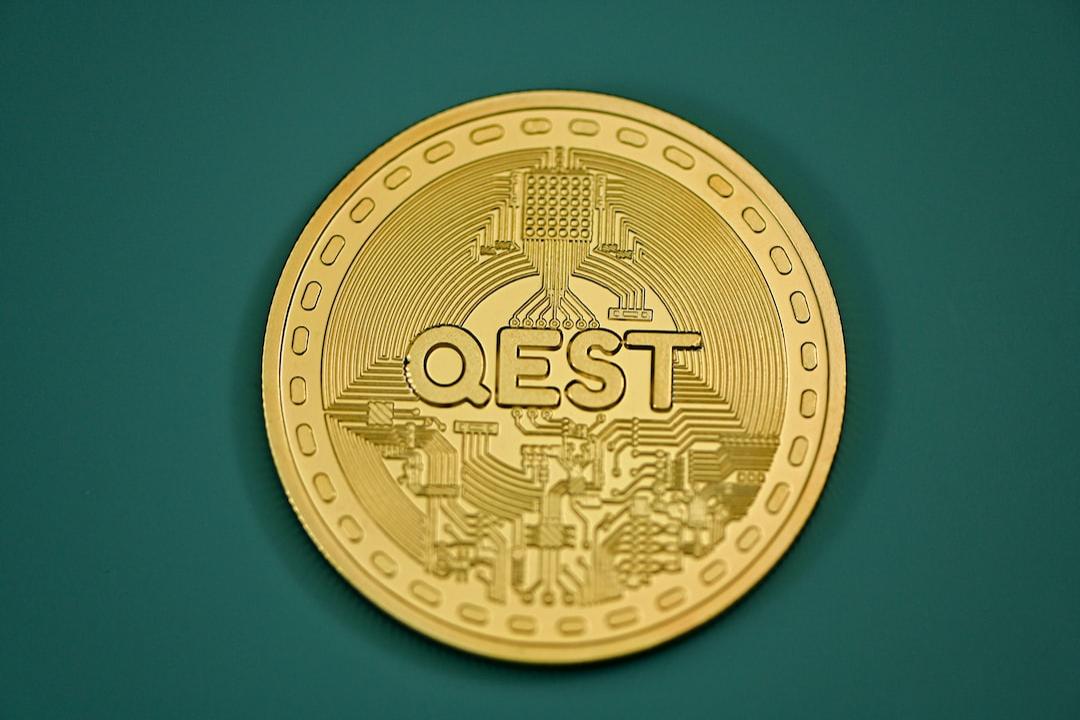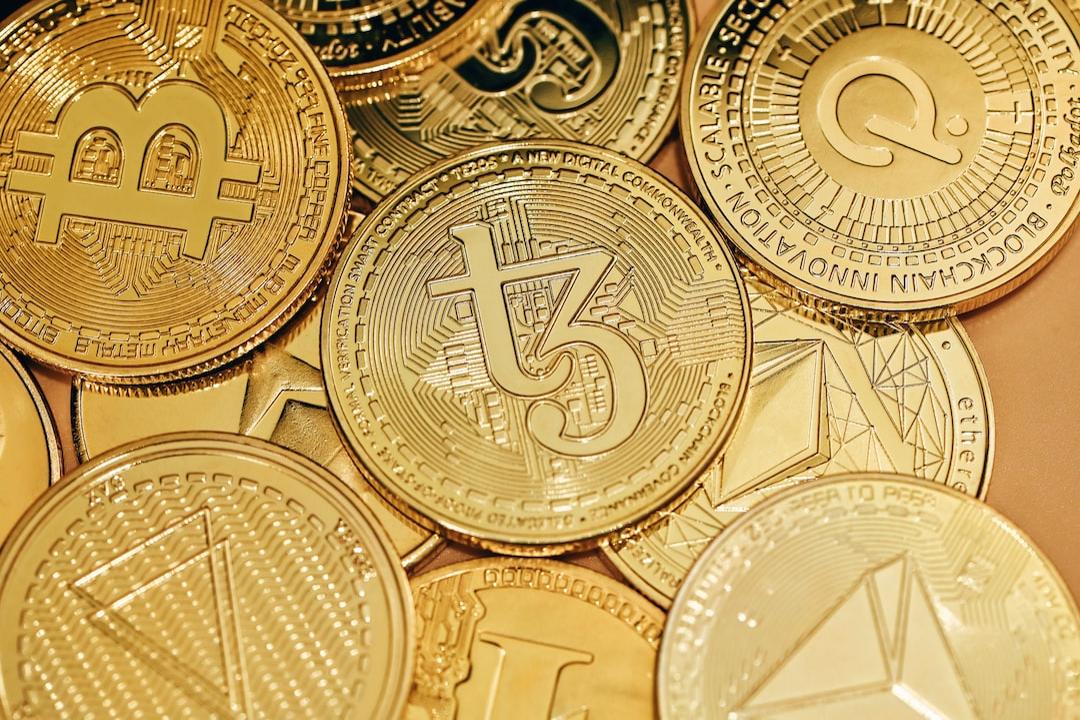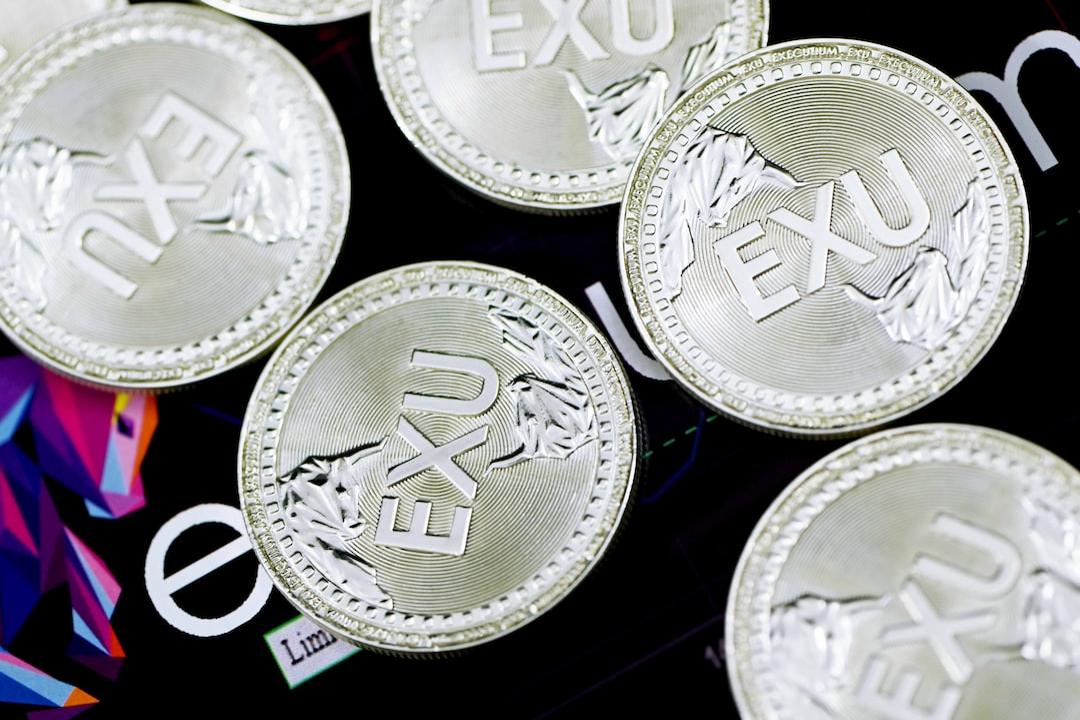
Ethereum Triumphs as SEC Drops Charges in Historic Ruling
The U.S. Securities and Exchange Commission (SEC) has concluded its investigation into Ethereum 2.0 without filing charges, as reported by Consensys.
The decision was reached after Consensys sent a letter to the SEC seeking clarification on whether the approval of spot ether exchange-traded funds (ETFs) signified the end of the investigation, which had raised questions about the status of Ethereum in relation to securities law.
In April, Consensys had initiated legal action against the SEC, challenging its classification of ether as a security. The company argued that ether did not meet the criteria of a security and pointed out that the SEC had previously stated that ether did not fall under its jurisdiction.
The SEC’s investigation into Ethereum 2.0 began in March 2023, focusing on the buying and selling of ether following the network’s shift to a proof-of-stake consensus mechanism. Consensys, the company behind the MetaMask Ethereum wallet, received a wells notice from the SEC in April, indicating the agency’s intent to take enforcement action.
On June 7, 2024, Consensys sought confirmation from the SEC that the approval of spot ether ETFs meant the conclusion of the investigation. The ETFs were approved on the basis that ether tokens were commodities.
The SEC’s Enforcement Division responded on June 18, 2024, informing Consensys that the investigation had been closed without enforcement action.
The announcement of the decision led to a 3% increase in the price of Ethereum, reaching $3,500. This positive development also had a favorable impact on other coins linked to Ethereum, such as Lido DAO’s governance token (LDO), Ethereum Name Service (ENS), and Maker (MKR).
The closure of the SEC’s investigation into Ethereum 2.0 without enforcement action sets a precedent for the treatment of digital assets under U.S. securities law. This could potentially result in a more favorable regulatory environment for cryptocurrencies, which have faced heightened scrutiny from the SEC in recent years.
However, some industry experts, including Coinbase Chief Legal Officer Paul Grewal, believe that the decision does not address the broader issues confronting the cryptocurrency ecosystem. The SEC’s use of the Howey Test to determine whether an asset qualifies as a security has been criticized as outdated and unsuitable for cryptocurrencies by various stakeholders.
![]()













